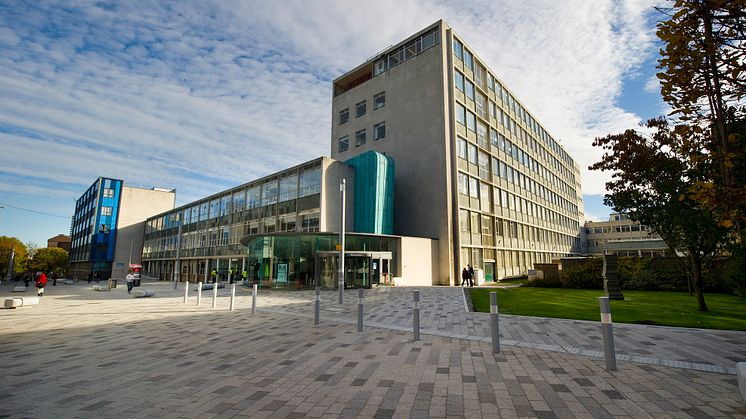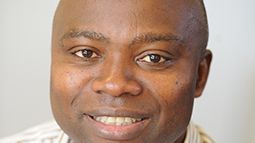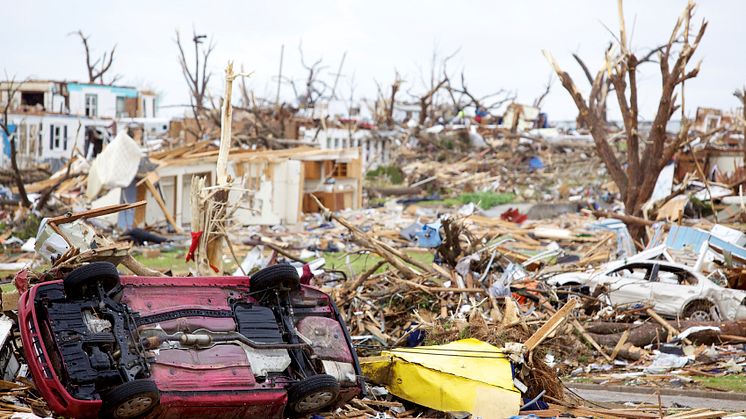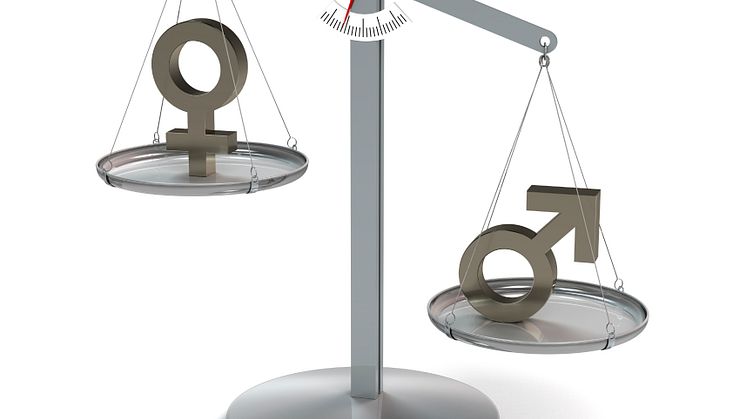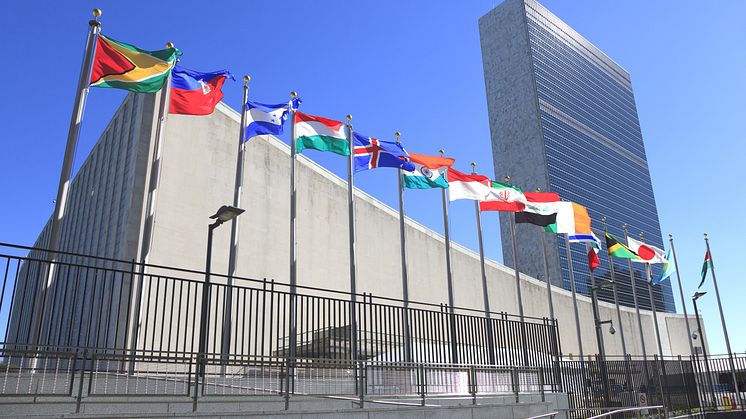
Press release -
Northumbria academic to address United Nations conference
A biostatistics expert from Northumbria University, Newcastle has been invited to talk at a prestigious United Nations conference about eliminating the practice of Female Genital Mutilation (FGM).
Professor Ngianga-Bakwin Kandala is currently working with the UN and the Population Council on a major project to quantify the global burden of FGM in 27 countries across Africa and the Middle East.
As a world expert in statistical analysis and modelling of tropical diseases using methods known as Bayesian diseases mapping, Professor Kandala has been able to use data provided by National Statistical Offices, charities and NGOs to identify particular FGM hot-spots. He has also been working to identify the environmental, social and cultural reasons behind the continuation of the practice.
During the Global Consultations on the Joint UNFPA-UNICEF Female Genital Mutilation/Cutting (FGM/C): Accelerate Change conference next week he will present his findings for Kenya, the first country to be analysed, and explain how his approach can be used to influence policy decisions which could help eradicate FGM.

Professor Kandala said: “The reasons why FGM occurs can be complex and include a wide variety of social, cultural and environmental factors. The Bayesian method of analysing data allows us to take all these factors into account to produce a far more accurate and multi-dimension view of the situation and how it is changing over time.
“We can then present these findings in a way which allows policy makers to understand the problem and design bespoke solutions for individual countries or communities.
“This is the first time data in relation to FGM has been analysed using this method and on this scale and I was delighted to be asked by the UN to present my findings at the Accelerate Change conference.”
Professor Glen McHale, Pro Vice-Chancellor of Northumbria’s Faculty of Engineering & Environment, said: “The work Professor Kandala is carrying out is of global importance and is an excellent example of the type of internationally significant and ground-breaking research being carried out by our academics here at Northumbria.”
Professor Kandala has spent the last 15 years working with organisations such as the World Health Organisation, children’s charity UNICEF and the UK’s Department for International Development (DFID) to map global health and disease in developing countries using statistical analysis. In recent years, he has played a major role in helping establish a group to train biostatisticians in Africa.
Professor Kandala said: “Increased funding for research from donor initiatives in Sub-Saharan Africa has generated high-quality data in recent years, but there is a lack of capacity for advanced analysis of this data.
“It was recognised that there was a need to pool resources to build biostatistics capacity, and as a result the Sub-Saharan African Consortium for Advanced Biostatistical Training (S2ACABT) was established, to ensure well-coordinated training efforts.”
In addition to his work in developing countries, Professor Kandala is also interested in studying the relationship between air pollution and health in developed countries, including the UK, in the future. This would include studying links between Mono-nitrogen Oxide, sulphur dioxide, particulate matter, benzene, heart failure, hospital admissions and mortality and mapping health trends in relation to air pollution.
The UNFPA-UNICEF Female Genital Mutilation/Cutting (FGM/C): Accelerate Change conference takes place in Kampala, Uganda from 3 to 5 April. For more information visit http://www.unfpa.org/publications/global-consultation-female-genital-mutilationcutting
For more information about Northumbria’s Mathematics, Physics and Electrical Engineering department, including courses on offer, please visit https://www.northumbria.ac.uk/about-us/academic-departments/mathematics-physics-and-electrical-engineering/
Topics
Northumbria is a research-rich, business-focused, professional university with a global reputation for academic excellence. To find out more about our courses go to www.northumbria.ac.uk
If you have a media enquiry please contact our Media and Communications team at media.communications@northumbria.ac.uk or call 0191 227 4571.







